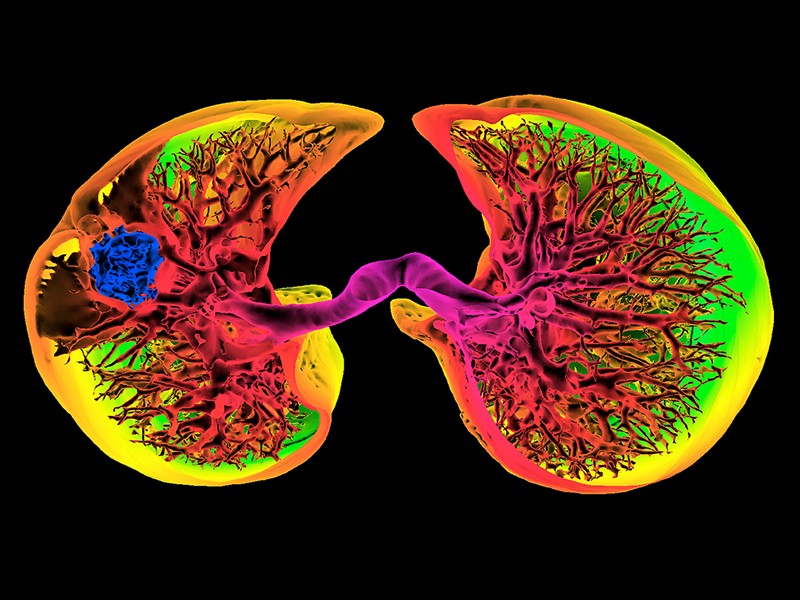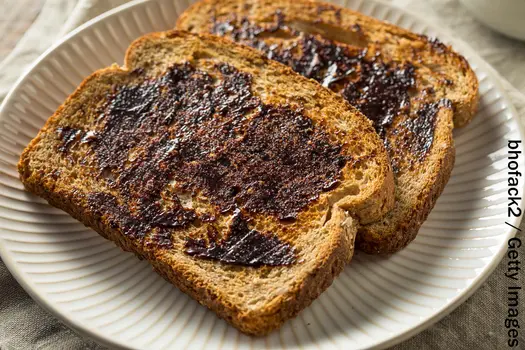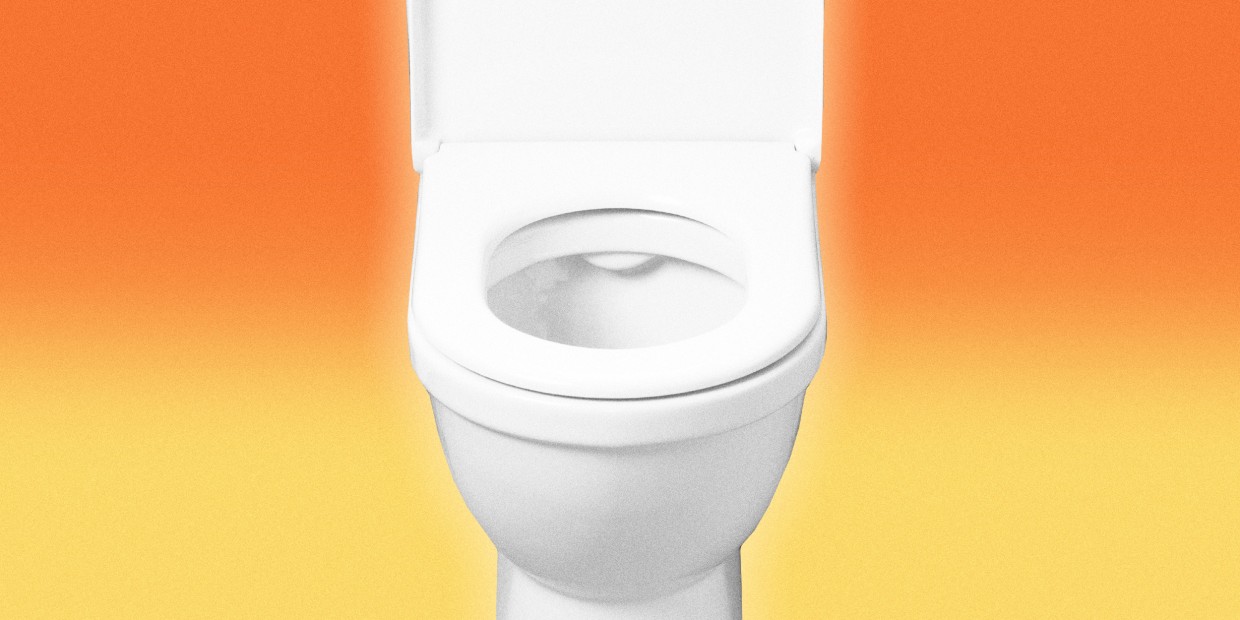Could Machine Learning Fuel a Reproducibility Crisis in Science?
機器學習是否會引發科學的再現性危機?
Sciences
From biomedicine to political sciences, researchers increasingly use machine learning as a tool to make predictions on the basis of patterns in their data . But the claims in many such studies are likely to be overblown, according to a pair of researchers at Princeton University. They want to sound an alarm about what they call a “brewing reproducibility crisis” in machine-learning-based sciences. ‘Data leakage’ threatens the reliability of machine-learning use across disciplines, researchers warn. Sayash Kapoor, a machine-learning researcher at Princeton, says “few scientists realize that the problems they encounter when applying artificial intelligence (AI) algorithms are common to other fields, peer reviewers do not have the time to scrutinize these models, so academia currently lacks mechanisms to root out irreproducible papers." Kapoor and his co-author Arvind Narayanan created guidelines for scientists to avoid such pitfalls, including an explicit checklist to submit with each paper.
--from Nature news
從生物醫學到政治科學,研究人員越來越常使用機器學習為工具,並根據其數據中的模式進行預測。但普林斯頓大學的兩位研究人員表示,許多此類研究中的主張似乎被誇大了。他們想對他們所謂以機器學習為基礎的科學中「正在醞釀的再現性危機」發出警訊。研究人員警告「數據洩露」威脅到跨專業使用機器學習的可信度。普林斯頓大學的機器學習研究員Kapoor說:「很少有科學家意識到他們在應用人工智慧(AI)演算法時,所遭遇的問題在其他領域也很常見;學術審查者並沒有時間細看這些模型,因此學術界目前缺乏杜絕不可再現論文的機制。」Kapoor與合著者Narayanan爲科學家們創建了準則,包含一份提交論文時的明確檢核表,以避免此隱憂。
--摘錄翻譯自Nature news
Study Finds Marmite May Help With Anxiety
研究發現馬麥醬有助緩解焦慮
Health
While people around the world are polarized on its taste, scientists have agreed that Marmite may be good for more than just toast. New research from Reading University suggests the British pantry staple can help calm anxiety and depression. “Vitamin B6 helps the body produce a specific chemical messenger that inhibits impulses in the brain, and our study links this calming effect with reduced anxiety among the participants,” lead author David Field, PhD, an associate professor at the University of Reading, said in a news release. B vitamins and compounds in Marmite work as precursors to gamma-aminobutyric acid (GABA), an anti-anxiety chemical that blocks neurotransmissions in the brain to control anxiety, stress, and fear.
--from WebMD
即使世界各地的人們對其口味有著兩極評價,但科學家們一致認為馬麥醬的好處不只適合烤土司。Reading大學的一項新研究顯示,英國人的食品儲藏櫃的主角可以幫助緩解焦慮和抑鬱。研究的主要作者—Reading大學副教授David Field博士於一則新聞中指出:「維生素B6幫助身體產生一種抑制大腦中衝動的特定化學訊息,我們的研究將這種鎮定效果與參與者焦慮下降聯繫起來。」馬麥醬中的維生素B群及化合物是γ-胺基丁酸(GABA)的前驅物,是一種可阻斷大腦中的神經傳遞以控制焦慮、壓力和恐懼抗焦慮化學物質。
--摘錄翻譯自WebMD
‘No Poop July’ Jokes are all over TikTok. Some Doctors Urge Users Not to Try it for Real. --article with video
抖音上到處都是「七月不便便」的玩笑話。一些醫生敦促使用者不要實際嘗試。
Culture
"No Poop July" is taking over "For You" pages on TikTok again, and some doctors are hoping users do not take the challenge seriously. "No Poop July" likely dates as early as 2020, when a Reddit post said the phrase was trending on TikTok. Some joked about their valiant attempts to complete "No Poop July" again last year, and the trend kicked up again early this July. The hashtag has amassed more than 112 million views on TikTok. The trend involves young people, often men, pretending they haven't had bowel movements since the beginning of the month. Videos show men sweating profusely while fighting the urge to defecate while crowds cheer them on. Some doctors warn that the trend should remain a joke, saying those who are successful at holding in their bowel movements could disrupt their gastrointestinal health.
--from NBC news, article with video
「七月不便便」再次佔據抖音的For You頁面,一些醫生希望用戶不要認真對待這項挑戰。「七月不便便」最早可回溯到2020年,當時Reddit上的一篇貼文稱該短語在TikTok上很流行。有些人開玩笑說,他們去年再度完成「七月不便便」壯舉;而今年七月初,這一流行捲土重來。該標註在抖音的瀏覽量已超過1.12億次。此流行帶動年輕人參與,大多為男性,假裝自七月初就未排便。影片顯示男人們在抵抗排便衝動而大汗淋漓時,眾人為他們歡呼。醫生警告說,此流行應僅止於玩笑,那些成功控制排便的人可能損壞他們的腸胃健康。
--摘錄翻譯自NBC news,原文含影片
